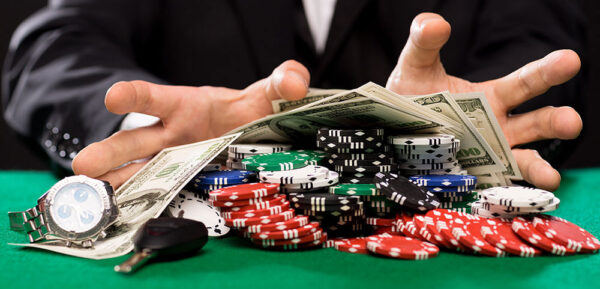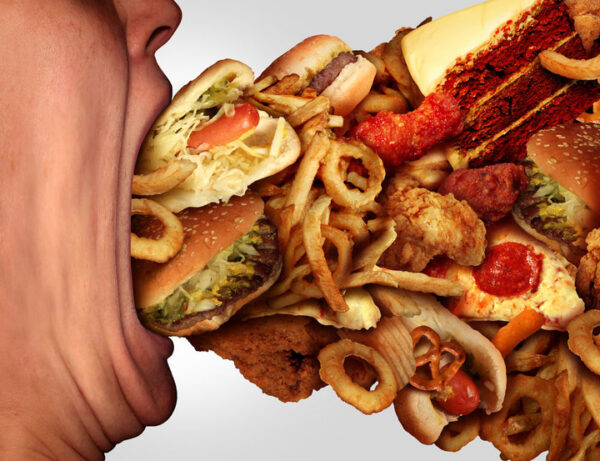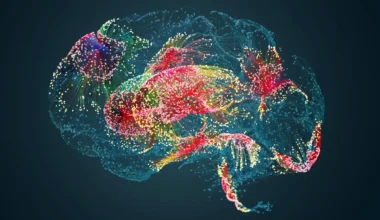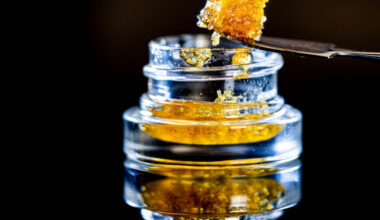Addictive behaviour usually gets little attention. It is said that you can’t avoid what you don’t understand. Ok maybe I said it, but it’s true. This article explains the prominent behaviours that you can be addicted to. It also gives out facts on how to know if you are addicted.
Key Takeaways
- Behavioral addiction refers to compulsive behavior-based addiction. They are persistent, recurrent behaviours that you engage in even if they offer no real benefit.
- Using the behavior to manage unwanted emotions, hiding the behavior, or lying to others about the time spent on it and difficulty in avoiding the behavior are some signs of behavioural addictions.
- Examples of addictive behaviours are shopping addiction, gambling addiction, and food addiction.
Addiction

Addiction is a complex illness, but nearly a century of scientific study has helped researchers gain a better grasp of how it works.
This research has resulted in a significant shift in how we talk about addiction: addiction is now recognized as a disease of the brain, rather than a personal failing or decision.
When most people hear the term “addiction,” they immediately think of substance abuse, but that is not the always case.
According to research, drug addictions are similar to compulsive behavior patterns such as gambling or shopping.
Most doctors today acknowledge two types of addiction:
Chemical addiction: This refers to substance-related addiction.
Behavioral addiction: This refers to compulsive behavior-based addiction. These are persistent, recurrent behaviours that you engage in even if they offer no real benefit.
What to Know About Behavioral Addiction
There is some disagreement over the definition of behavioral addictions and whether they genuinely constitute addiction. However, the DSM-5 now recognizes two behavioural addictions:
- Gambling Addiction
- Internet Gaming Disorder
While most medical experts believe that some behavioral habits might become dangerous over time, there is still some debate:
- The point at which behaviors become addictions
- Specific behaviours that can become addictive
For instance, some may agree that shopping, sex, and exercise addictions exist, but they doubt that people can become addicted to Facebook.
The APA chose not to include these behavior patterns in the DSM-5 because there was insufficient scientific, peer-reviewed evidence to develop standard diagnostic criteria.
As a result, there are no set diagnostic criteria.
However, general indicators of a possible behavioral addiction include:
- Spending significant amounts of time engaging in the behavior.
- Urges to engage in the habit regardless if it negatively affects daily life, responsibilities, or relationships.
- Using the behavior to manage unwanted emotions.
- Hiding the behavior or lying to others about the time spent on it.
- Difficulty in avoiding the behavior.
- Irritability, restlessness, anxiety, desperation, or other withdrawal symptoms while attempting to quit.
- Feeling compelled to continue the behavior even when it causes distress.
Common behavioral addictions that people often seek therapy and other professional support to overcome are:
- Shopping Addiction
- Exercise addiction.
- Food addiction
- Sex addiction
- Tv addiction
- Facebook (social media) addiction.
Addictive Behaviours
Here are some behaviours that are addictive;
Gambling Addictions

Pathological gambling is included in the Diagnostic and Statistical Manual of Mental Disorders (DSM–5). Gambling is a recreational activity and is not bad except it becomes an addiction. Compulsive Gambling can make one lose or gain a huge amount of money in days which makes them unable to stop. This addiction is very dangerous because the addict’s family and friends suffer when the person becomes irrational about his decisions( which would eventually happen) which could make him bankrupt. Things that used to matter to him wouldn’t even matter anymore. Most pathological gamblers have a great chance of becoming drug addicts, depressed, and finally ending up on the streets.
Food Addiction

People tend to eat more than they actually need when the food is high in fat, sugar, and salt because they are addictive foods (release more amount of dopamine). Many people who struggle with this addiction are unable to stop. Hence, they believe it is embarrassing to talk about it. You can refer to someone as a food addict when his/her compulsive eating behaviour is not controllable even when the negative effects are very much known.
Most of the time food addiction is maladaptive. This happens when people are depressed, and they often use it to suppress negative emotions. You might also want to know that food addicts need more and more food to be satisfied and without it. They can experience withdrawal symptoms just like drug addicts.
Shopping Addiction

We all have the urge to shop, even when we intentionally don’t go with enough cash we still find a way of using our credit cards but we still find a way to control it anyway. Now just imagine not having any control at all, I mean you want to but you can’t, you can do anything just to shop, shopping makes you feel better, it makes you high(like drugs) and even after regretting and feeling guilty you still go back to it.
Some people refer to shopping addiction as a compulsive buying disorder. It is characterized by continuous shopping for things one does not need and cannot afford. Shopping addiction is actually more serious than it sounds. Apart from the fact that you can go bankrupt by spending above your means or be in great debt, this addiction is intertwined with other mental health issues. For instance, depression and anxiety, and some do it to boost their self-esteem. Those with his addiction hide it from family and close friends.
Sex, Porn, Masturbation Addiction

This addiction is the compulsion and the inability to control sexual thoughts and actions even to the point of self-harm, leading to unhealthy sexual behaviour. Sex and masturbation are intertwined because addiction in one is most likely to lead to addiction in the other two.
A person with sex addiction will spend an unreasonable amount of time having sex or thinking about it. Sex addicts usually have to intensify their behaviour to get pleasure and that is why most of them become sex offenders because they can do anything for pleasure though they feel horrible afterwards.
They become less productive and distance themselves from family and friends because they find it embarrassing. Sometimes sex addiction can be a result of mental issues like bipolar disorder or depression and sometimes sexual assault, abuse, or neglect. Masturbation is the most unlikely to stop because it’s something most people keep a secret and willpower is not enough.
Internet Addiction

This addiction use addiction ranges from social media, internet gaming, surfing the net, and whatever you do with the internet. If you remember how addiction works, you will know that some platforms are still more addictive than others. e.g. social media, internet gaming, dating sites, etc. Internet addiction is the uncontrollable use of the Internet.
I know many of us might feel addicted to this but first answer these few questions if most of your answers are yes then you might just be an addict. Does it affect your work/ school? Do you spend an unreasonable amount on it? Does it affect your relationship with family and friends? Does it embarrass you to tell people how much time you spend online? Do you have control over it?
Treatment for Behavioral Addiction
Behavioral addictions can be caused by many factors, just like chemical addiction. Treatment options vary, but therapy is typically the first recommendation.
Therapy
Cognitive behavioral therapy (CBT) is often the most effective treatment for behavioral addictions.
CBT focuses on identifying distressing thoughts and emotions and learning how to reframe them in the moment. This, paired with more productive coping skills, may minimize the need for addictive behaviors.
Other types of therapy can also help address underlying issues that may be contributing to behavioral addiction, like relationship issues.
Other Treatments
Self-help groups and other types of peer support can help deal with behavioral addiction, particularly when combined with therapy.
Some research suggests that SSRI antidepressants may help treat addictive behaviours.
How to Deal With Addictive Behaviour?
5 steps to quit an addiction
- Set a quit date. It may be helpful to select a meaningful day, such as a special event, birthday, or anniversary.
- Change your environment.
- Distract yourself.
- Review your past attempts at quitting.
- Build a support network.
What Are the 3 P’s of Addiction?
The three P’s of recovery are patience, persistence, and perseverance. These three attributes are critical for a successful journey to sobriety and stability. There are numerous reasons why the three P’s of recovery are critical to the overall success of a recovery journey.
Related Articles
- Side Effects of Smoking Dabs
- How to Stop Smoking Weed Fast: Tips and All You Need
- 10 Life-Changing Benefits of Clinical Mental Health Counseling You Didn’t Know






